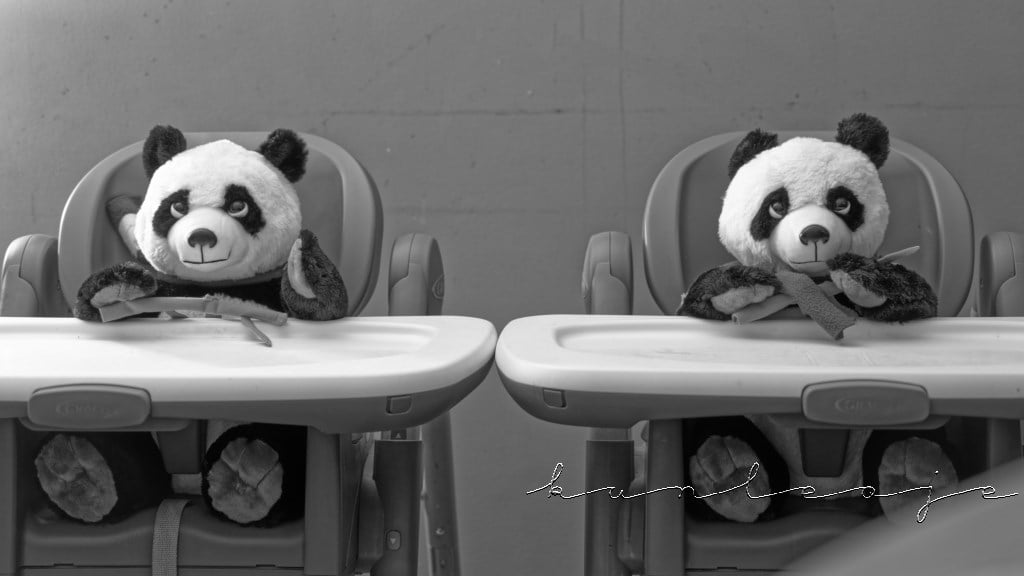Facebook: Are We In An Abusive Relationship?
Facebook: Are We In An Abusive Relationship? By Kunle Ojeleye On November 01, 2024, I commented in response to one by Folake on a post by Egbon Abiodun. Suddenly, I received a message from Facebook that my account was disabled. I was instructed to take a selfie and upload it for Facebook to determine if…
Read More about Facebook: Are We In An Abusive Relationship?